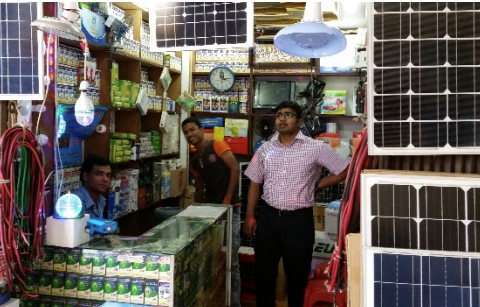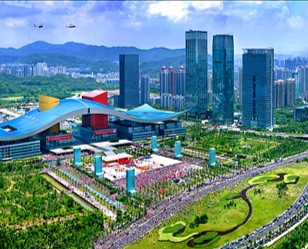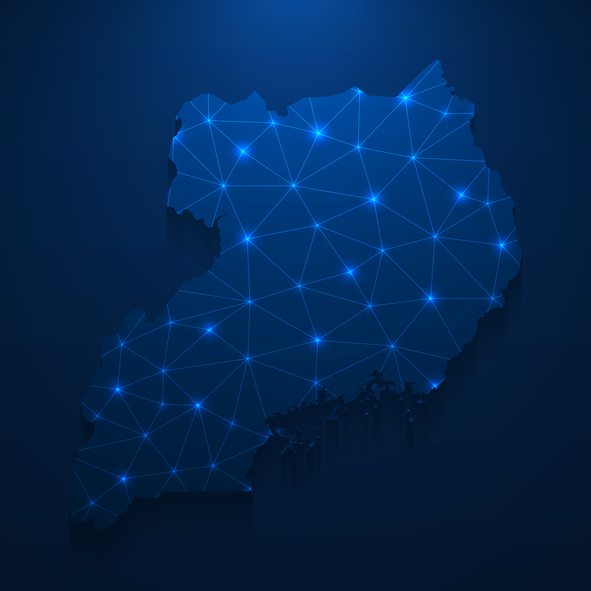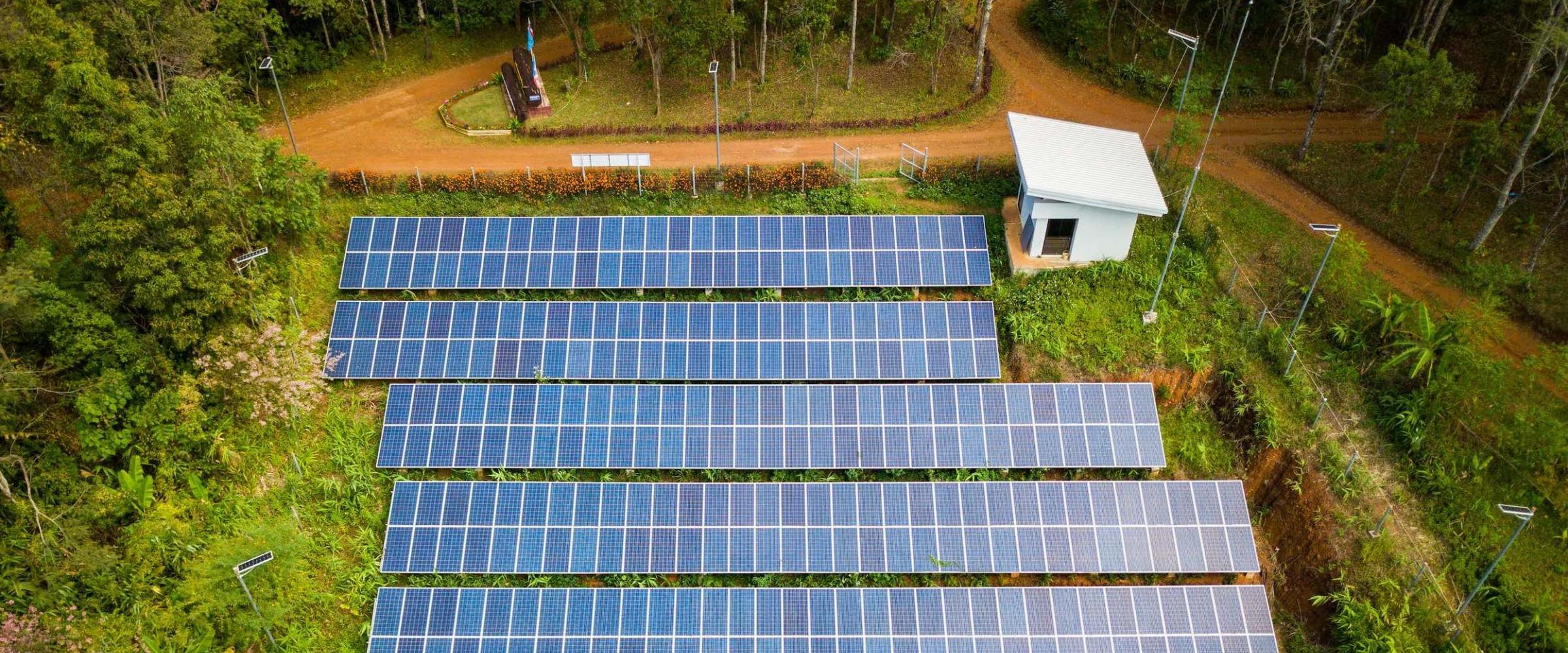Energy Access & Distributed Energy

Energy Access and Distributed Energy
About 1.1 billion people in the world, largely in developing Asia and sub-Saharan Africa, do not have access to electricity, and the majority live in rural areas. ETA international researchers have conducted studies on renewable energy based off- and mini-grids, and distributed energy solutions that offer a significant opportunity to increase access to reliable energy services.
ETA international researchers also work closely and collaboratively with the University of California at Berkeley (UCB), the Schatz Energy Research Center at Humboldt State University (HSU), and the Prayas Energy Group (PEG) to provide cutting-edge research for energy access and distributed energy system.
Below are links to various websites that showcase these capabilities:
- Distributed Energy Resources Customer Adoption Model (DER-CAM): gig.lbl.gov/der-cam
- Multi-criteria Analysis for Planning Renewable Energy (MapRE): mapre.lbl.gov
- Energy Efficiency Standards: EES.lbl.gov

Lawrence Berkeley National Lab (LBNL) and Pacific Northwest National Lab (PNNL) will jointly analyze opportunities and recommend policies to decarbonize space heating and reduce reliance on Russian natural gas in Partnership for Transatlantic Energy and Climate Cooperation (P-TECC) countries. Together they will
-
Characterize existing space-heating practices and policies, identifying opportunities for decarbonization
-
Perform national-scale technical analysis of strategies to decarbonize space heating, with attention to capacity building
-
Recommend practices and policies to decarbonize space heating in the selected country or countries
To learn more about our ongoing work, please see our talk on "Decarbonization of Space Heating in Hungary" presented at the Fifth P-TECC Ministerial in Bucharest, Romania on 24 Jul 2024.
If interested in our DER-CAM virtual training workshop in early September 2024 (online) or our in-person stakeholder meeting in early October 2024 (Budapest, Hungary), please visit our project page to receive updates.

Super-efficient appliances can reduce the total cost of providing off-grid electricity services by as much as 50%. Emerging technologies — ranging from small solar portable lanterns and pico-lighting systems to larger standalone energy systems and mini-grids — provide off-grid households and businesses with access to clean, reliable energy, displacing pre-modern fuels and delivering numerous health, environmental, and socioeconomic benefits. The markets for these products, however, are nascent and need to be brought to scale. The research aims to provide technical support to global and regional energy-access initiatives to catalyze markets for super-efficient off-grid energy products and services.
Read more about how off-grid, rural residents around the world can power their homes using small solar panels thanks to super-efficient home appliances.

Distributed Energy Research (DER) systems and microgrids (or mini-grids) are an ideal way to solve issues in district or buildings that don’t have access to central-grid power by integrating local clean energy generation and providing multiple energy services (electricity, heating and cooling) to end-use customers. Berkeley Lab has provided technical support to develop distributed energy microgrid in emerging economies, including software tools to quantify characteristics required for design and operation of microgrid systems in island and city scenarios. Berkeley Lab developed the Distributed Energy Resources Customer Adoption Model (DER-CAM) and DEEP to work with researchers and engineers on distributed energy research system design. Berkeley Lab also assisted China’s National Energy Administration (NEA) on its 12th Five Year Plan in the microgrid system policy development and technical system definition, and continues to work with partners to implement microgrid demonstration projects of China’s 13th Five Year Plan. Berkeley Lab is the chair institute of the International Microgrid Symposium, an international conference held every year since 2005.
Read more about regional analysis of U.S. and Chinese buildings’ potential for adopting Distributed Energy Resources (DER).

Berkeley Lab conducts research to 1) facilitate the development of a policy framework for affordable and sustainable energy access through renewable-based mini-grids and energy efficiency, 2) provide guidance on the technical, safety and policy issues associated with interconnecting mini-grids with the central grid, and 3) promote demand-side management through smart grid load management technologies and super-efficient appliances for newly connected customers.
In Uganda, Berkeley Lab worked with policy makers to develop a policy roadmap to increase energy access through energy efficiency. By integrating energy efficiency into projects focused on expanding the electricity grid, energy efficiency optimizes the power supplied and increase the number of customers that can be served reliably at minimum cost, therefore increasing capacity utilization.
Read more about Berkeley Lab international researchers' work in Uganda.

The Granada Living Lab is creating a technology demonstrator on top of a real energy grid infrastructure, open to the community of academics and innovators. The Grid Planning and Economics team is a key partner in this international effort led by collaborator Turning Tables, providing strategic guidance and developing the power system and market models that support the Living Lab platform.

